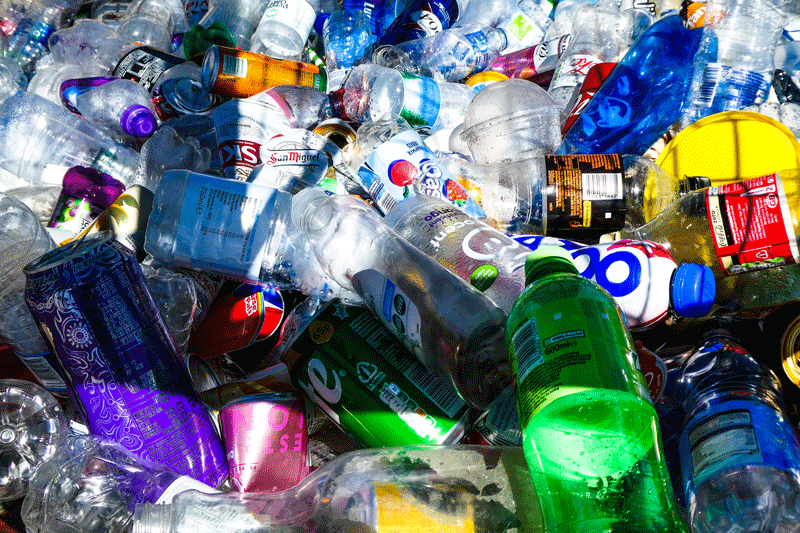UK supermarkets join forces to tackle single-use plastic packaging
A group of UK retailers has come together in what they say is the first-ever Refill Coalition collaborating to co-design an innovative refill solution.

If successful, they say the solution could help reduce the 56.5 billion units of single-use plastic packaging sold annually in the UK.
The Refill Coalition includes M&S, Morrisons, Ocado, Waitrose & Partners and the supply chain solutions company CHEP and was convened in 2020 by Unpackaged, the UK’s leading refill experts.
Members of The Refill Coalition have made significant investments in the scheme to date, with the ambition to test the system live in stores, and online, starting later in the year.
Some retailers have introduced refill stations already, seen as a key component in tackling single-use plastic packaging waste, but an end-to-end solution is needed to achieve scale – which is why industry-wide collaboration is crucial.
The Refill Coalition aims to reimagine how key food staples (e.g. pasta and grains) and household products (e.g. home and personal care products) are supplied and mark the first step in developing a worldwide standard for plastic-free food distribution from the supplier to the cupboard.
Part of the system, being developed through the coalition, is a bulk home delivery refill solution. Subject to a successful trial, Coalition retailers will roll out refill stations across their stores and online.
There is strong customer appetite for single-use plastic-free choices when it comes to packaging. Refill stations mean customers can bring their own reusable containers to buy loose products. Research shows that 67 to 85% of UK adults would try refilling if it was available in a mainstream supermarket, across all demographics, spend profiles and locations and 73% of those who shop online.
Greenpeace figures also estimate that at least 56.5 billion units of single-use plastic packaging go onto the UK grocery market each year. 99% of plastic packaging is also made from fossil fuels which causes CO2 emissions, contributing to climate change at a time when all businesses need to transition to Net Zero.

